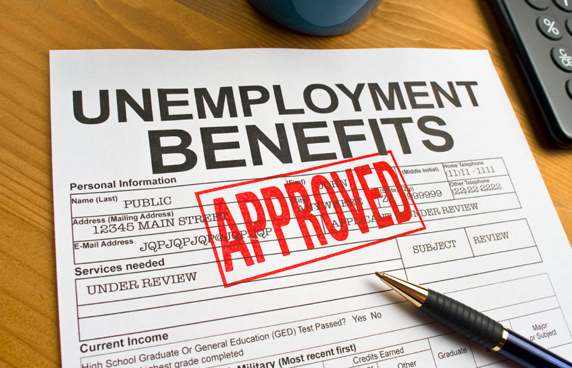Employers Seek Unemployment System Reform

Battered by five consecutive years of stiff unemployment tax increases, Connecticut employers are supporting a proposal in the Labor Committee that could improve the state’s system and help reduce costs.
HB 5367 contains several long-needed reforms to ensure the long-term solvency of the state’s Unemployment Compensation Trust Fund and prevent the massive tax increases Connecticut businesses have been facing since the great recession.

Claimants in Connecticut need earn just $600 in a year to qualify for unemployment benefits.
- Raising the minimum earnings to qualify for unemployment benefits to $2,000. Claimants in Connecticut need only earn $600 in a year to qualify for benefits—the third lowest earnings requirement in the U.S. For perspective, 32 states/territories require between $2,000 and $5,000 in earnings. This threshold has not changed since the statute was enacted in 1967 – and if adjusted for inflation, would be equivalent to more than $4,000 today!
- Requiring claimants to post their resumes online to receive benefits after six consecutive weeks of unemployment. Rhode Island recently instituted this reform, which studies show gets the unemployed back to work faster.
- Basing benefits on an employee’s annual salary rather than two highest quarters, to avoid inequitably rewarding seasonal workers. Sixteen states base employees’ benefits on a full year’s salary.
- Freezing the maximum weekly benefit rate for three years. The maximum benefit rate is allowed to increase by $18 every year. Freezing this for three years could save as much as $10 million per year.
Employers in Connecticut have for some time been paying the highest federal unemployment taxes in the nation.
This year, that amounts to $189 per employee, versus $42 in most other states.
While the higher taxes are from the feds, the reason for them is closer to home. Connecticut has refused to reform unemployment benefits to get them in line with neighboring states.
While the higher taxes are from the feds, the reason for them is closer to home. Lawmakers have considerable discretion on the unemployment taxes businesses pay, as well as the benefits they pay out.
 Connecticut has refused to reform benefits to get them in line with neighboring states. So while nobody wants to be on unemployment, Connecticut has become an accommodating place to do so.
Connecticut has refused to reform benefits to get them in line with neighboring states. So while nobody wants to be on unemployment, Connecticut has become an accommodating place to do so.Lawmakers can do something about this.
Passing the reforms in HB 5367 will help return solvency to the trust fund over time--preserving this important benefit for future workers.
For more information, contact CBIA’s Eric Gjede (860.480.1784) | @egjede
RELATED
EXPLORE BY CATEGORY
Stay Connected with CBIA News Digests
The latest news and information delivered directly to your inbox.


